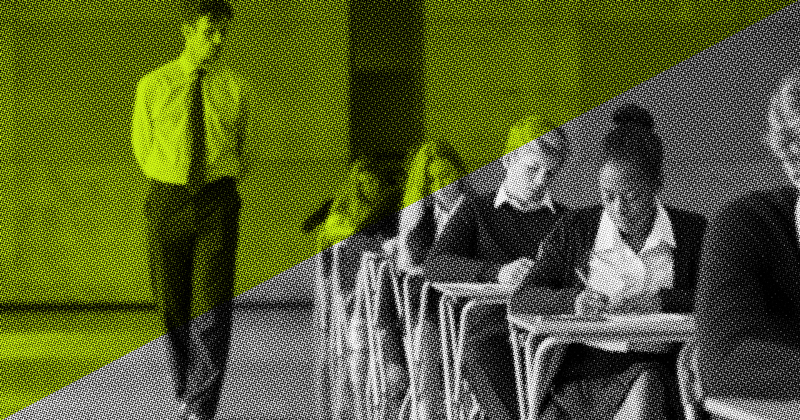We live in an increasingly diverse society. The understanding of others’ religious and non-religious views of the world is not only an admirable trait but a foundational characteristic on which a more inclusive community can be built.
Schools play a pivotal role in driving that agenda by providing a safe space in which children can learn, ask questions and explore their own and others’ perspectives. Religious education is central to this and needs to reflect the world as it now is.
These issues arose in a recent case in which I was instructed by a humanist parent of a year 9 student. His child attended a Worcestershire school without a religious character, which had communicated to parents that all year 10s would, going forwards, be ‘studying Religion, Philosophy and Ethics (RPE) at GCSE’.


